Publications
Articles, publications, books, tools and multimedia features from the U.S. Institute of Peace provide the latest news, analysis, research findings, practitioner guides and reports, all related to the conflict zones and issues that are at the center of the Institute’s work to prevent and reduce violent conflict.
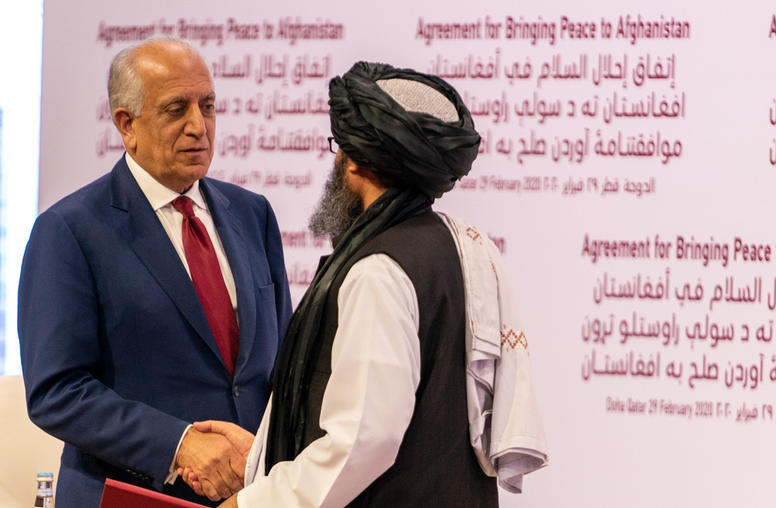
Afghan Negotiators to Taliban: Let’s Start the Peace Talks
As the COVID pandemic complicates Afghanistan’s embryonic peace process, government-appointed negotiators urged the Taliban to begin talks without preconditions and stressed that a peace accord must make governments accountability to Afghan citizens. A day after the government announced the release of 71 more Taliban prisoners—a process central to starting talks—the head of the government negotiating team said direct discussions with the Taliban are important to accelerate releases. Analysts have voiced fear that deaths from COVID of prisoners held by the government and the Taliban could stall or scuttle the current peace efforts.

Susan Hayward on Religion and Coronavirus
While USIP’s Susan Hayward acknowledges that religion has, at times, hampered public health, she notes religion has also been invoked “in ways that have brought meaning, that have mobilized people to respond to the needs of the vulnerable.”
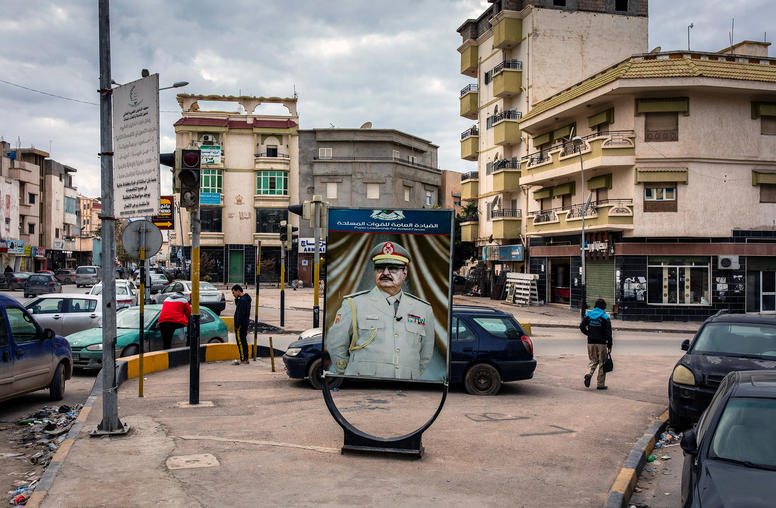
Peace in Libya will Have To Start with its People
For nearly nine years, Libyans have lived through war and political turmoil. The country has become a place for regional heavyweights and aspiring major powers to advance self-interests, often at the expense of the Libyan people. International attention and the recent peace conference in Berlin have focused on the role of external actors who violate U.N. arms embargoes, funnel money to militants, and incite violence through propaganda.
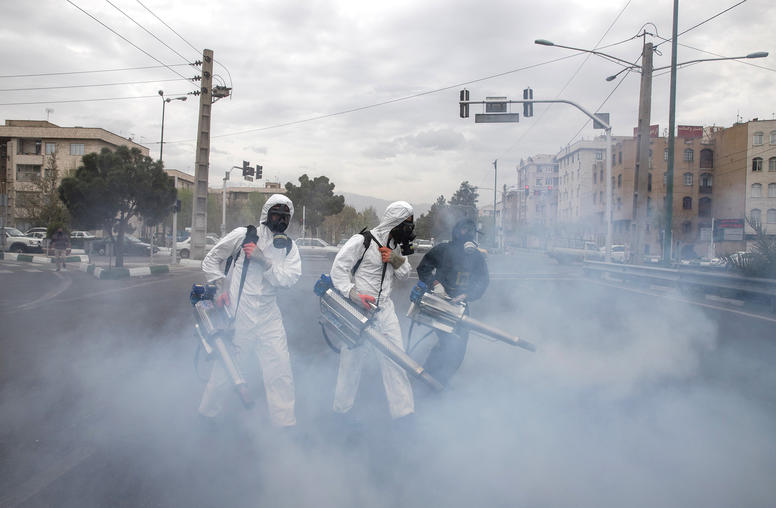
What You Need to Know about Iran’s Coronavirus Crisis
Iran’s outbreak has been the worst in the Middle East by far and there are concerns that the pandemic’s spread is significantly worse than reported by Iranian authorities. The virus hit at a particularly bad time for Iran with the economy already suffering from the impact of U.S. sanctions. USIP’s Garrett Nada discusses the debate over the number of cases, Tehran’s decision to ease containment measures, and whether the coronavirus crisis could open the door to de-escalation with the United States.
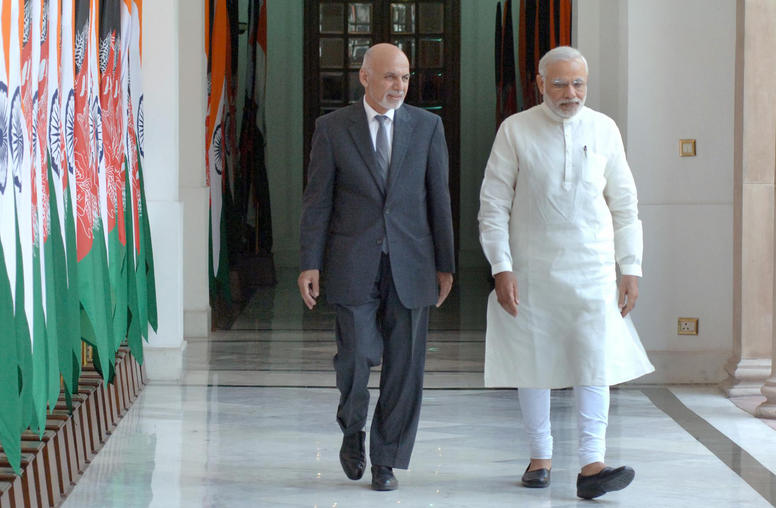
Can India Help Bring Peace to Afghanistan?
After February’s landmark U.S.-Taliban framework agreement, Afghanistan is still trying to initiate the next steps of their peace process, including intra-Afghan talks and prisoner exchanges. The country’s regional neighbors will be critical to the success or failure of the proposed talks. And while most attention naturally goes to Pakistan, with some focus also given to Iran and China, U.S. Special Representative Zalmay Khalilzad has made clear that India also has a vital role to play.
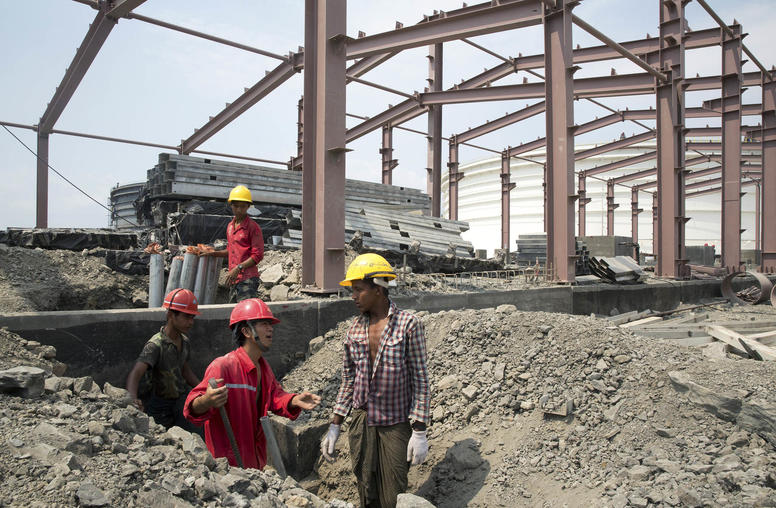
Chinese Crime Networks Partner with Myanmar Armed Groups
Along the banks of the Moei River that separates southeastern Burma from Thailand, three new cities are emerging on the traditional lands of Burma’s ethnic Karen. Not long ago, the area was wracked by intense combat between the Myanmar army and Karen nationalists. Today, hotels, casinos and condos are sprouting in unauthorized “special economic zones” owned and operated by murky Chinese business networks in partnership with local, mutually hostile armed groups. Of the three deals behind these cities, two were signed between January and March while the world focused single-mindedly on the spreading coronavirus.

Frank Aum on North Korea and Coronavirus
Despite reporting no confirmed cases, USIP’s Frank Aum says, “It’s safe to say the virus is in North Korea,” and that the isolated nation is still trying to “maintain the visage of invulnerability” through missile tests and other military demonstrations—all while instituting drastic public health measures.
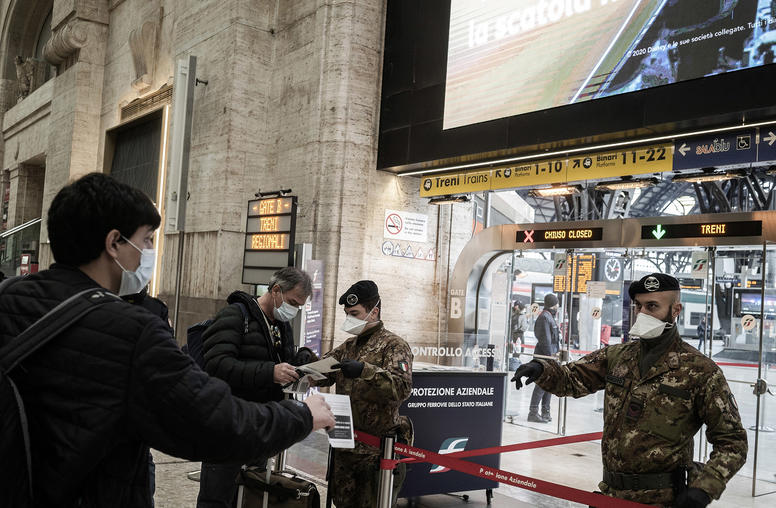
How to Put Human Security at the Center of the Response to Coronavirus
The coronavirus pandemic will have long-lasting repercussions for governance, justice, and security—among many other things. Many governments are working to contain the outbreak by adopting emergency measures and powers. Security sector actors—police, armed forces, border control authorities, penitentiaries, community security groups, and militias—are now playing a key role in limiting the virus’ spread.
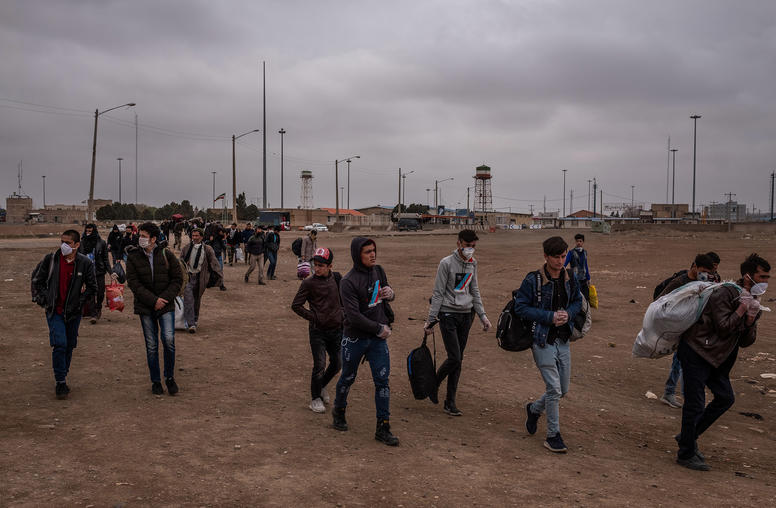
Coronavirus in Afghanistan: An Opportunity to Build Trust with the Taliban?
The COVID-19 crisis comes at a critical juncture for Afghanistan. The disputed 2019 presidential election has led to a stalemate between incumbent President Ghani and the chief executive of the last government, Abdullah Abdullah, both of whom claim the right to govern. At a time when the Afghan government should be focused on the best chance to bring peace in years, it’s distracted by a political crisis. Meanwhile, progress in the peace process has slowed since the U.S. and Taliban signed a deal in late February.
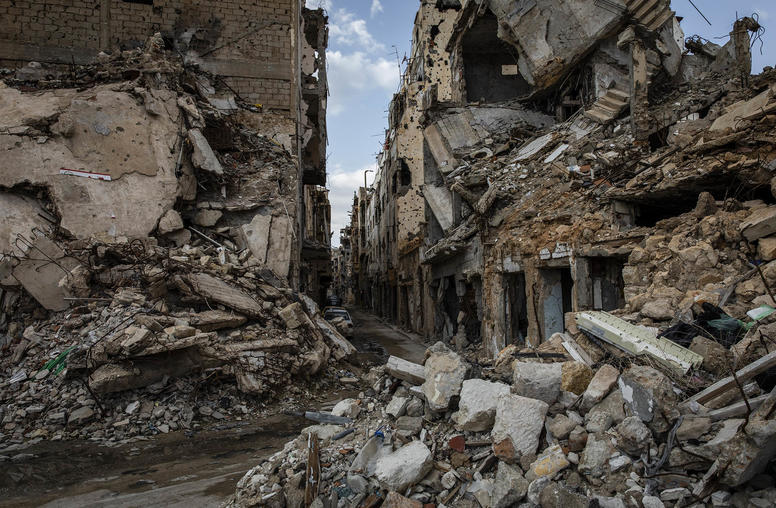
Coronavirus Shows Why Libya Needs to Build its Institutions
Even before the coronavirus pandemic spread across the globe, Libya’s health system—like many of the country’s institutions—was in crisis. The country’s public health infrastructure has been neglected since the 2011 uprising and even before it was in need of a fundamental overhaul. On top of that, many of the foreign medics in Libya fled following the conflict in 2011 and have not returned.